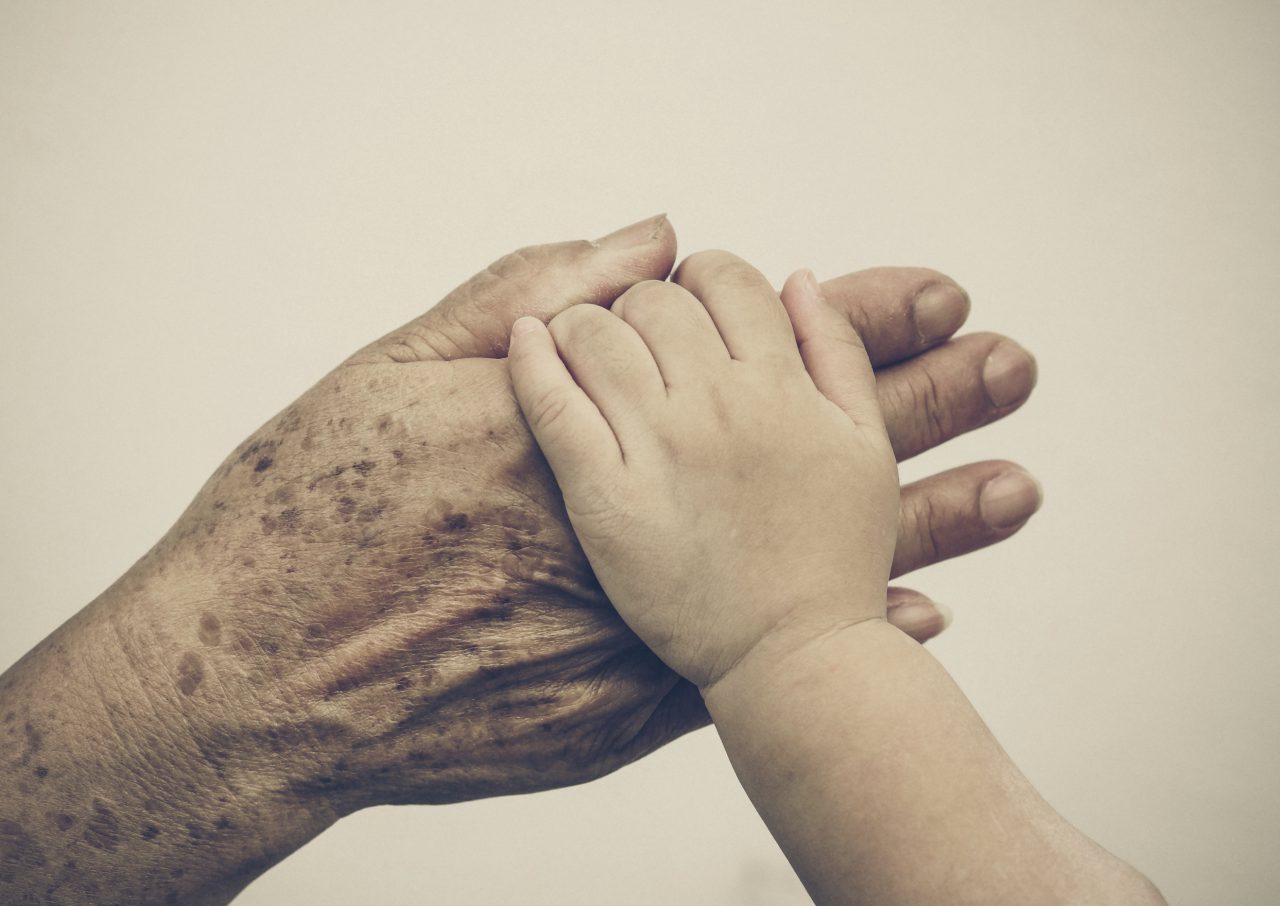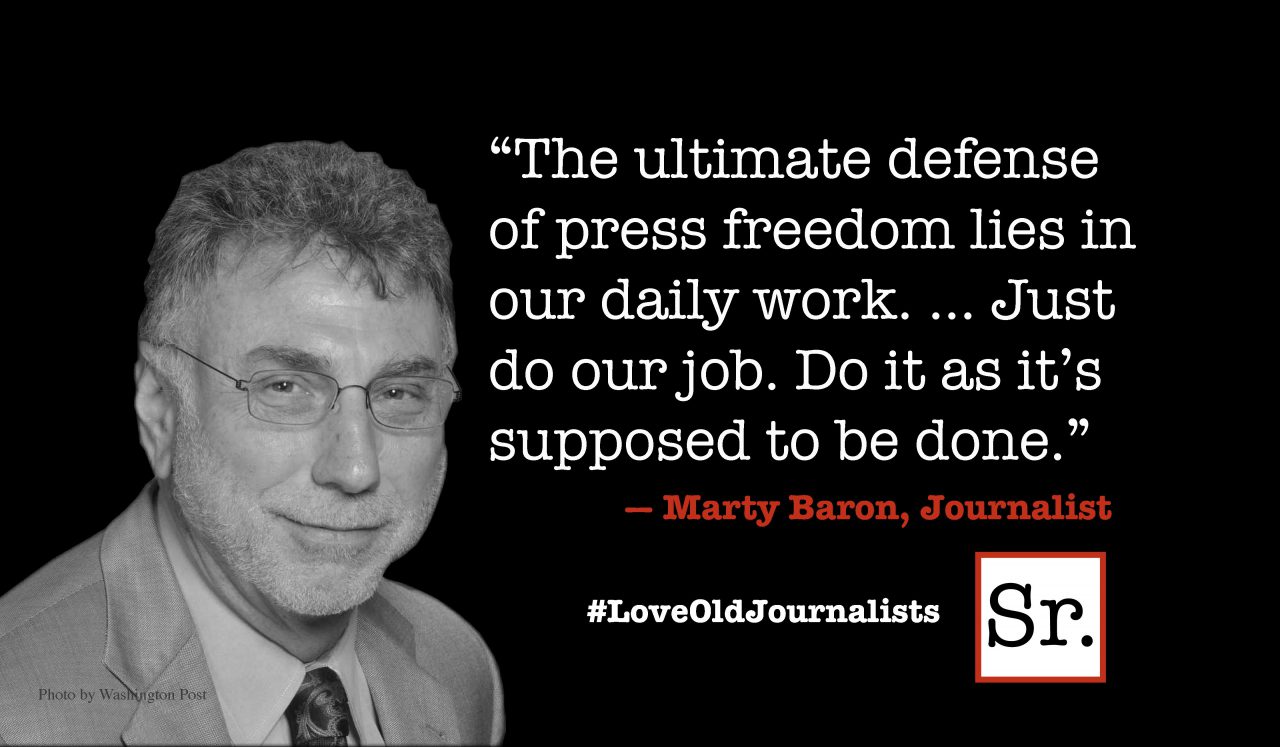Riding the metro train recently, I had the pleasure of watching myriad passengers on board. Two seated near to me especially caught my eye.
The first was bald and toothless. He drooled, babbled incoherently, needed help walking and I’m sure he was wearing diapers. I couldn’t keep my eyes off of him. The other passenger was also bald and toothless. He also drooled, babbled incoherently, needed help walking and I think he was wearing diapers. I tried not to stare.
What was the difference between the two? About 80 years. The first was an energetic baby boy who captivated everyone seated near him. The other was a very old man who appeared to have dementia and was in the care of a family member or aide.
As I looked at the two, I realized that we’re drawn to infants and young children, and almost embarrassed by the presence of old people.
I thought to myself: how unfair, yet I’m as guilty as the next person.
As I pondered this thought, I had to ask myself why this is so? After all, babies and the elderly are really just opposite ends of the life spectrum. In fact, as we age, the more we become like the very young. Think about it: we lose hair, teeth, mobility, independence and sometimes our grip on reality. Why then are we so enamored with one group and indifferent to the other?
Looking for answers, I turned to literature, and of course, the Bard himself. Shakespeare wasn’t exactly kind to the old and aging.
In his second sonnet, he tells his love “when forty winters besiege thy brow and dig deep trenches in thy beauty’s field, Thy youth’s proud livery, so gazed on now, Will be a tattered weed of small worth held.”
Small worth held after just 40 years?
Our life expectancy today is almost twice than during Shakespeare’s time. What would he think of mature folks now?
Turning to contemporary writers, I found a reference to aging in a poem called “A Birthday Card to My Mother,” by Philip Appleman:
“You have come through the years of wheelchairs, loneliness—a generation of pain knotting the joints like ancient apple trees;
you always knew this was no world to be weak in:
where best friends wither to old phone numbers in far-off towns;
where the stings of children is always sharper than serpents’ teeth;
where love itself goes shifting and slipping away to shadows.”
Hmmmm, I’m not liking this view of the older years. Is that why our culture so frequently views the elderly with such disregard? Because aging sounds so difficult, and maybe, just maybe, we’re all terrified of the day when “love goes shifting and slipping to the shadows?”
So perhaps it’s fear that causes us to look away from a wrinkled face? If that’s the case, then we need to face our fears. To know them, ponder them, meditate on them, learn from them, challenge them and maybe over time, let those fears go.
Let’s start a movement! Let’s get our youth and middle-aged citizens to intentionally befriend someone many decades older. I’ll call this movement “Generation without Borders.”
The commingling of life stages may well be the first, and most important, step in understanding that aging isn’t something to fear. Let’s encourage all the Gens—Baby boomers, X, Y and Z—to befriend an aging person with the intention of breaking down generational borders. By spending time with older people, we can learn about their lives, success and failures, legacies, and historical perspective on today’s events. Let’s make the golden agers feels golden!
I’m trying to live my own advice. I have an 85-year-old friend named Ethel whom I see weekly to run errands, sit and watch the birds, or just check on. Ethel is joyful, funny, thoughtful and always grateful for the few things I do for her. As for me, I’ve been able to witness how an older person can remain engaged with the world, accept her physical limitations with grace and keep her heart open to family and new friendships.
Old age is a scary when you’re not quite there yet. But I’m trying to accept that it will come to me someday, and when it does, I hope the passengers sitting across from me on the metro don’t look away in discomfort.
It’s time to flip the switch on aging and write a new tome, where the similarities of the very young and very old are embraced with equal amounts of awe, respect and reverence that both ends of the aging spectrum deserve.
Philip Applebaum’s final thoughts on his mother’s birthday says it all:
“You have survived it all, come through wreckage and triumph hard at the center but spreading gentleness around you—nowhere by your bright hearth has the dust of bitterness lain unswept; today, thinking back, thinking ahead to other birthdays, I lean upon your courage and sign this card, as always, with love.”









